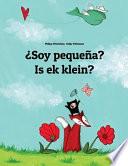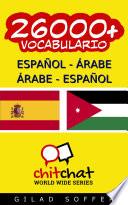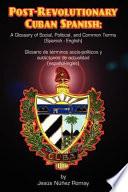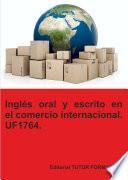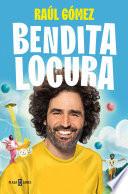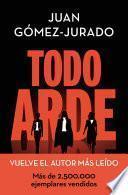Ficción herética
Resumen del Libro
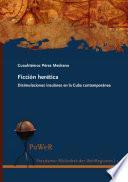
Mit der kubanischen Wirtschaftskrise entstanden neue literarische Gestaltungsprozesse nationaler Identitätskonstruktionen. Die vorliegende Analyse geht der zeitgenössischen Literatur Kubas nach, in der soziale, kulturelle und politische Paradoxe der post-revolutionären Weltanschauung zum Vorschein kommen und der Figur der „Insel“ bzw. „Insularität“ eine große Bedeutung für die Neukonfiguration der Nation zukommt. Die „Insularität“ drückt in literarischen Texten verschiedene Aneignungen des Raumes und somit auch eine Weltanschauungen aus. Die literarische Figur der „Insel“ kann hypothetisch als „visuelles Phänomen“ (Ette 2002) konzipiert werden, das durch soziokulturelle Umstände konfiguriert wird. Unterschiedliche postkommunistische Erfahrungen bilden sog. „erlebnisweltliche“ Repräsentationen und somit literarische und soziale Identitätsbilder. Im Verlauf der Zeit werden die Metapher der „Insel“ bzw. der „Insularität“ anders beschrieben. Erste Untersuchungen der Metapher der „Insel“ bzw. der „Insularität“ finden sich in den Texten Noche insular (Lezama Lima 2000) und La isla en peso (Piñera 1998). Die Metapher wird in den Begrifflichkeiten der „Simulation“ und „Dissimulation“ (Sarduy 1982) oder auch einer „visuellen Erscheinung“ als „Grund-Ekphrasis“ (Pimentel 2001) beschrieben. Demgegenüber stellen spätere Arbeiten die literarische Figur der „Insel“ als ein Instrument der Dekonstruktion der Nationalliteratur Kubas dar (Rojas 1998;Nuez 1998, Benitez Rojo 1998). In zeitgenössischen Analysen wird die Metapher in ihrer jeweiligen Beziehungen zur Repräsentation und zum „Lebenswissen“ (Ette 2010) herausgearbeitet. Die Repräsentation der “Insel” bzw. der “Insularität” wird in der vorliegenden Arbeit anhand des soziokulturellen Kontextes in den letzten dreißig Jahren u.a. in den Romanen von Abilio Estevez Tuyo es el reino (1998), Atilio Caballero La última playa (1999), Daniel Díaz Mantilla Regreso a Utopía (2007) sowie den Erzählungen von Ena Lucia Portela Huracan (2000), Antonio José Ponte Un nuevo arte de hacer ruinas (2005),Emerio Medina Isla (2005), Orlando Luís Pardo Tokionama (2009),Ahmel Echeverria Isla (2014) und Anesly Negrín Isla a mediodía (2014) untersucht.
Información del Libro
Titulo Alternativo : disimulaciones insulares en la Cuba contemporánea
Total de páginas 226
Autor:
- Pérez Medrano, Cuauhtémoc
Categoría:
Formatos Disponibles:
PDF, EPUB, MOBI
Descargar Libro
A continuación, te presentamos diversas opciones para adquirir el libro.
Valoración
3.9
96 Valoraciones Totales
